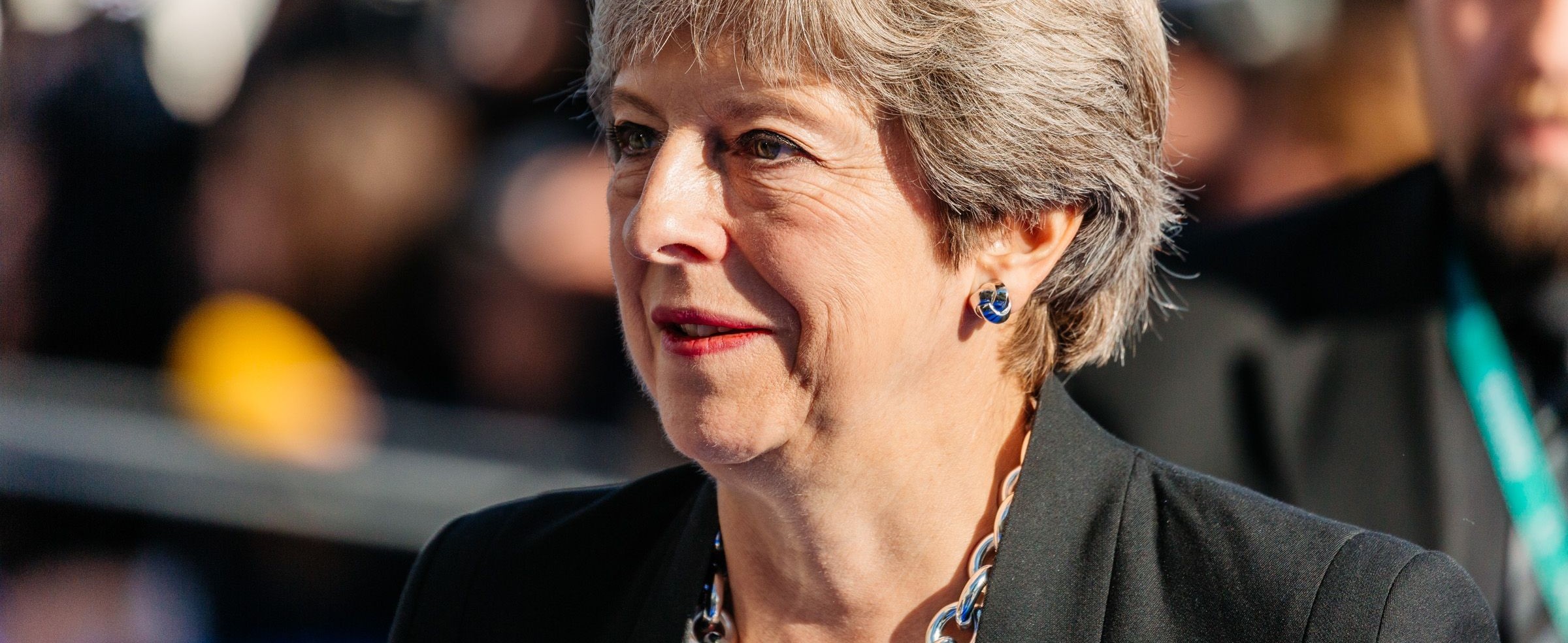Forecasting a ‘no deal’ Brexit
Theresa May has made clear that a ‘no deal’ Brexit is a possibility in comments last week. Yet, her commitment to ‘No deal is better than a bad deal’ might be put to the test as the EU strongly insists on finalising financial obligations with Britain before discussing any future relations.
As the 29 March 2019 deadline approaches for the two negotiating parties to strike a deal, the constantly surfacing variety of scenarios point to a worrying uncertainty over economic outcomes of Britain’s eventual exit from the EU. The emerging prospect of ‘no deal’ has jolted economists to take it upon themselves to provide some clarification of the potential consequences of yet another exit scenario. The Boar decoded some of the most important findings published by the OECD and the Institute of Economic Affairs (IEA).
UK exports to the EU were only worth around £162bn where an EU tariff, roughly estimated to likely be 5%, would cost the UK £8bn…
The U.K since Brexit: In numbers
Britain’s economic growth is projected to slow in 2017 and 2018, according to the OECD, due to the uncertainties related to the outcomes of Brexit negotiations. Growth has fallen to roughly 1.8%. Whilst there were increases in public consumption, retail sales have been volatile.
Furthermore, robust increases in working hours have been recorded as well as increases in the minimum wage. However, households have apparently also reduced savings and increased borrowing to sustain their spending.
The uncertainty related to Brexit’s impact on the economy is undermining businesses’ investment. Despite the unknown effects that Brexit will have, corporate appetite for risk has bounced back somewhat from a low level. This can be associated with indications that disorder of some unknown degree is expected in Britain after the Brexit transition. As such, firms might be trialling new approaches to test their options in the new post-Brexit environment.
EU countries might decide to disrupt vital supply chains; Therefore, it might be wise to consider a very different outcome of a ‘tariff war’…
To trade or not to trade
If Britain comes to no agreement with the EU, the UK automatically loses membership of the Customs Union and the Single market. With the loss of membership of the customs union, the EU cannot treat the UK more favourably than other countries that are part of the World Trade Organisation, which include the US and China. IEA’s report argues that the potential EU tariffs applied to exports from the UK would not be a “game-changer” for the economy. In fact, according to the report, the UK would be ahead of the tariff war with the EU after Brexit. This is because the UK imported goods worth around £260bn from the EU in the last 12 months until August. So, an average 5% tax on this trade would raise £13bn annually. On the other hand, UK exports to the EU were only worth around £162bn where an EU tariff, roughly estimated to likely be 5%, would cost the UK £8bn.
Whilst the report explains that it would be economically in the best interests of both the UK and the EU to continue to trade smoothly, it subtly mentions that the EU countries might decide to disrupt vital supply chains. Therefore, it might be wise to consider a very different outcome of a ‘tariff war’.
The OECD reports that even presuming the favourable trade terms with the EU, GDP is expected to weaken after effectively leaving the Union…
The IEA discusses that quitting the customs union would leave Britain free to agree to and implement free trade deals with the rest of the world. Whilst this sounds like a positive prospect post-Brexit, the OECD picks up that there is a risk of global protectionism as other WTO countries could impose greater tariffs. This threat is most likely to affect the less affluent regions of Britain that mainly rely on agricultural and manufacturing exports.
Although the U.K is on track to reduce their budget deficit to 2% of GDP, the OECD reports that even presuming the favourable trade terms with the EU, GDP is expected to weaken after effectively leaving the Union.
The impact might be great or somewhat manageable but there will inevitably be a new environment in the economic markets of Britain…
The IEA suggests this slump can be minimised by using the saved EU budget contributions to invest and offer additional support to sectors such as agriculture that are likely to struggle most. Instead, the OECD recommends fiscal initiatives to support demand in the short term and be prepared to supply in the long term which will require increased public funding. Arguably, the U.K would indeed require increased public spending to prepare itself to become global.
Nothing can definitively be said about the impact of a ‘no deal’ Brexit on the British economy. The impact might be great or somewhat manageable but there will inevitably be a new environment in the economic markets of Britain. Whether the government introduces cuts to public services to reduce deficit and debt or whether the government invests in public services and improves mobility, labour market opportunities and education might just determine how truly global we become and the position that we establish in this world, post Brexit.

Comments